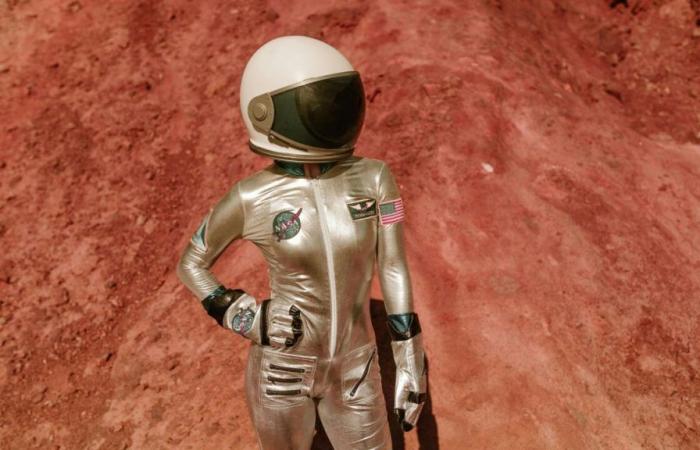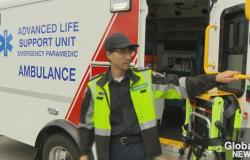Very different to what most of the films Hollywood people about what happens in the space with our bodybeing in space represents a proof extreme for him body And the mind human. The astronauts who venture beyond Earth face a series of challenges unique due to the microgravity and the isolation dragged on. We tell you how these brave explorers adapt to living and working in an environment so different from ours.
What happens to our body in space?
In space, the astronauts experience a state of microgravity what causes changes drastic in their physiology:
- Loss of muscle and bone mass: Without gravity pulling them down, muscles and bones do not need to support the body’s weight, which can cause significant loss of muscle and bone mass. Astronauts counteract this with intense daily exercise routines on equipment specially designed to simulate gravitational resistance.
- Redistribution of body fluids: In microgravity, body fluids move toward the upper body, which can cause facial swelling and eye pressure, affecting vision. This effect can also result in a constant feeling of congestion.
- Disorientation and dizziness: The absence of gravity alters the vestibular system of the inner ear, which is crucial for balance. Astronauts often face disorientation and dizziness until their body adjusts to the new environment.
In other words, just like astronauts, you could lose muscle mass, swelling in the face and pressure in the eyes, so you couldn’t see well. If that were not enough, you would feel dizziness and loss of balance because of the effect on your ears. Encouraging, isn’t it?
It may interest you: Astronomers find new habitable exoplanet; How close is it to Earth?
What happens to the mind in space?
Besides Physical changeslife in space presents challenges psychological significant:
- Stress and Isolation: Distance from Earth and confinement in a limited environment can lead to high levels of stress and feelings of loneliness. Astronauts use techniques such as meditation and exercise to maintain their mental well-being and establish frequent communications with loved ones.
- Sleep Disturbances: The absence of a consistent day-night cycle, such as on the International Space Station, where there are 16 sunrises and sunsets every 24 hours, can seriously affect sleep. Special lights are used to help regulate sleep cycles.
- Feeling of Claustrophobia: Life in a small space can be overwhelming. Astronauts have personal spaces and planned activities to avoid claustrophobia and maintain mental balance.
What happens if an astronaut returns to earth?
It may interest you: What is the relationship between outer space and climate change? NASA explains
But don’t worry, all these symptoms would go away when you return to Earth; Like astronauts, you will only have to go through a process of readaptation to the earth gravity. This process includes physiotherapy and exercises for recover the force muscular and I meanand retrain the system vestibular to adapt again to the gravity.
Everything is to bring us closer to the possibility of living and prospering outside our home planet.






